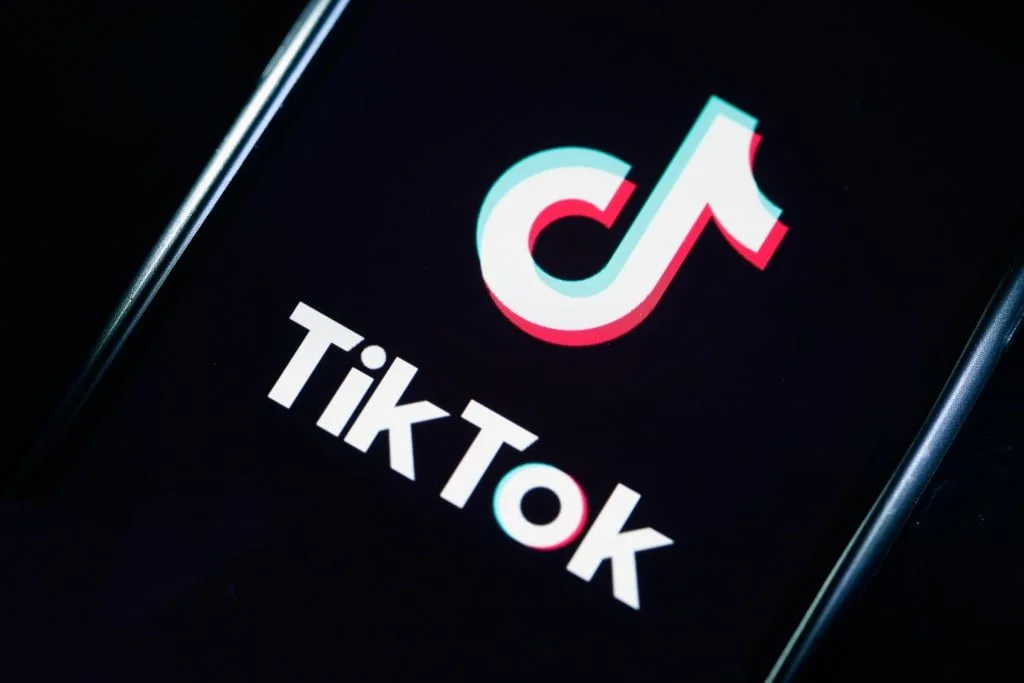Social media platform TikTok takes steps to ensure authenticity by automatically labeling AI-generated content (AIGC) using new content credentials technology.

TikTok announced on May 9 that it will be the first media-sharing platform to implement the Content Credentials technology in collaboration with the Coalition for Content Provenance and Authenticity (C2PA).
For over a year, TikTok has mandated that content creators designate realistic AIGC and any content containing its own TikTok AI effects.
Conversely, recent advancements have implemented auto-labeling on AI-generated content produced via alternative platforms. According to the statement, the platform will utilize the Content Credentials technology, which adds metadata to content to identify and designate AIGC.
The statement stated that the increase in auto-labeled AIGC on TikTok will be “gradual at first” and that the platform will be able to label more content as soon as Content Credential is implemented on other platforms to metadata.
To incorporate it into audio content shortly, the feature will initially be accessible only for images and videos.
The social media platform has also joined the Adobe-led Content Authenticity Initiative (CAI). Adobe’s general counsel and chief trust officer, Dana Roa, stated:
“At a time when any digital content can be altered, it is essential to provide ways for the public to discern what is true.”
TikTok announced that, in addition to the AI labeling, it will distribute media literacy resources that it co-created with WITNESS and MediaWise.
In addition to elucidating how TikTok tools, such as AIGC labels, can serve to contextualize content further, the social media platform plans to release twelve videos a year that emphasize universal media literacy skills.
As AI continues to develop and gains the ability to generate more realistic content, this has led to an increase in deepfakes generated by AI.
On May 8, Hong Kong authorities uncovered an unlicensed, deceptive cryptocurrency exchange that posted AI-generated images and videos of Elon Musk on its website and social media accounts, feigning a connection with Musk.
Warren Buffett, co-founder of Berkshire Hathaway, compared the impact of artificial intelligence on illicit financial activities a few days earlier to the introduction of nuclear weapons and the atomic explosion.
This occurred following his exposure to a deepfake of himself that could imitate his movements, speech, and attire with remarkable accuracy.
